ICRC warns Palestinian prisoner enters medically critical phase after over 85 days of hunger strike
Palestinian prisoner Maher al-Akhras is entering a medically “critical phase”, the International Committee of the Red Cross (ICRC) warns, as the inmate has entered the 88th consecutive day of his open-ended hunger strike against Israel’s so-called policy of administrative detention.
“More than 85 days into the hunger strike, we are concerned about potentially irreversible health consequences,” said Yves Giebens, the head of the ICRC's health department in Israel and the occupied Palestinian territories, in a statement on Thursday.
He also stressed that “from a medical perspective, he is entering a critical phase”, adding that the ICRC had been “closely monitoring” the situation, including a visit with Akhras earlier in the day.
The 49-year-old Palestinian prisoner, the father of six children, was detained on July 27 and held under the administrative detention order, with no charge. This has led him to start a hunger strike in an attempt to seek justice against the unfair detention.
Physicians have already warned of damage to several organs of the Palestinian prisoner’s body, such as the kidneys, liver, and heart, adding that the inmate’s senses of hearing and speaking have also been affected negatively.
“The ICRC encourages the patient, his representatives and the competent authorities involved to find a solution that will avoid any loss of life,” the statement further said.
Separately on Thursday, the Palestinian Information Center, citing a report by Asra Media Office, said Akhras’s health condition has reached a critical stage due to his prolonged hunger strike and refusal to take any vitamins and fluids.
It added that the inmate’s health is extremely worrying and deteriorating as he suffers from serious physical weakness, repeated convulsions and loss of consciousness, and constant headaches and stomach aches.
Physicians have warned that Akhras’s heart might stop at any moment.
“I am committed to my decision and will eat food only in my home, and I will not break my will. I am now in Kaplan Hospital, I do not drink anything but water, and I will continue doing so until I return to my house,” he said last week.
In 1989, he was arrested for the first time and his detention continued for seven months. Back in 2004, he was arrested for a second time and spent two years behind bars. In 2009, he was rearrested and remained in administrative detention for 16 months. In 2018, Akhras was arrested again and was held in custody for 11 months.
Despite the fact that there is no criminal offense that the Tel Aviv regime is holding Akhras for, the Israeli authorities refuse to release him, even as his health increasingly deteriorates on a daily basis.
The Israeli regime has so far rejected all calls to release Akhras.
Hundreds of Palestinian prisoners are held under administrative detention, in which Israel keeps the detainees for up to six months, a period which can be extended an infinite number of times. Women and minors are among these detainees.
Palestinian detainees have continuously resorted to open-ended hunger strikes in an attempt to express their outrage at the detention. Palestinians hold Israeli authorities fully responsible for any deterioration of the circumstances in jails.
More than 7,000 Palestinians are reportedly held in Israeli jails.
American warplane downed after Yemeni attacks 'baffled' US air defense: Ansarullah
VIDEO | Yemenis praise the military for its successful operations against Israel
VIDEO | Israel continues to bomb Gaza homes
VIDEO | An insider's view of the country: Meybod City in Yazd
‘All wars have rules. All of those rules have been broken’ by Israel
VIDEO | Report flags India’s violation of rights of Rohingya detainees
Turkey's foreign minister meets Syria's de facto leader in Damascus
VIDEO | US Syria plots




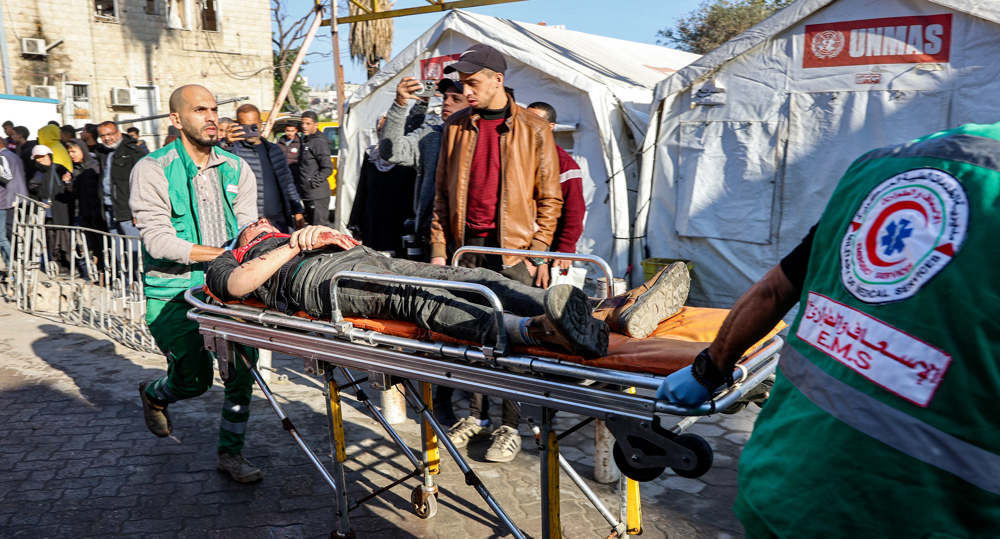

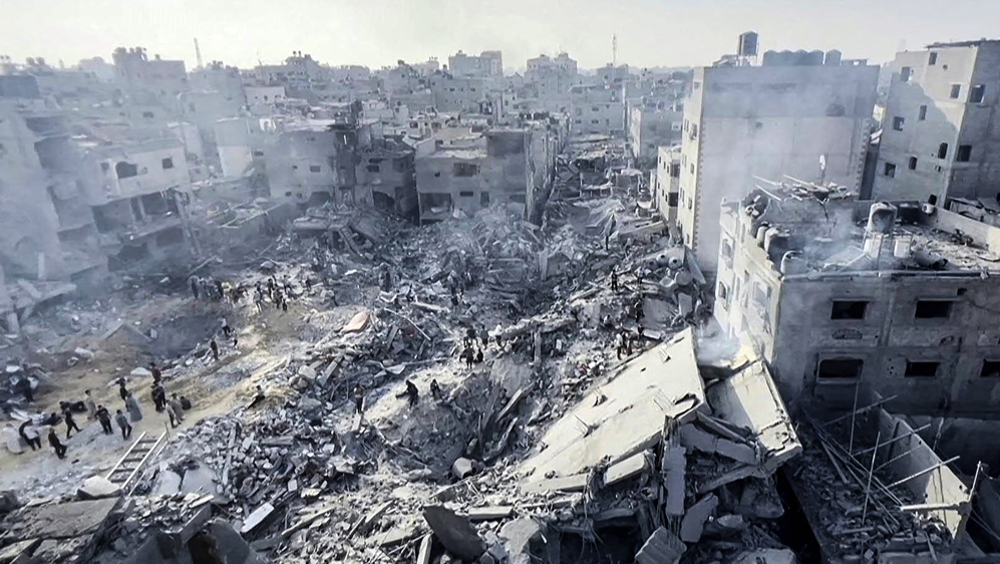



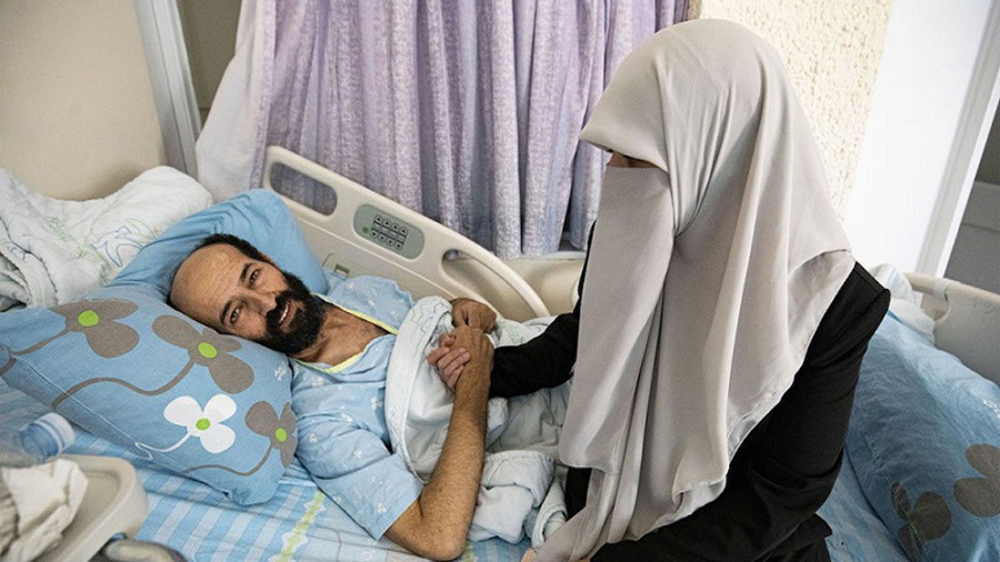
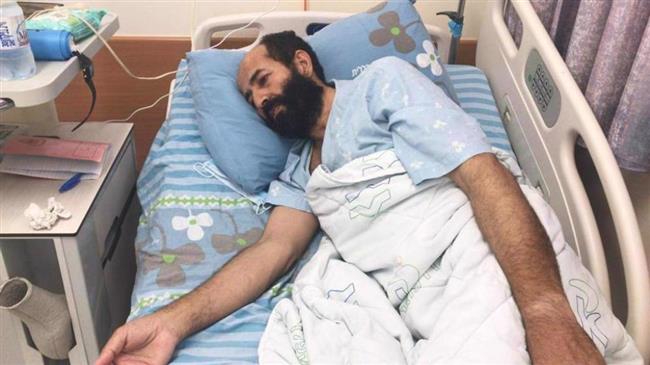
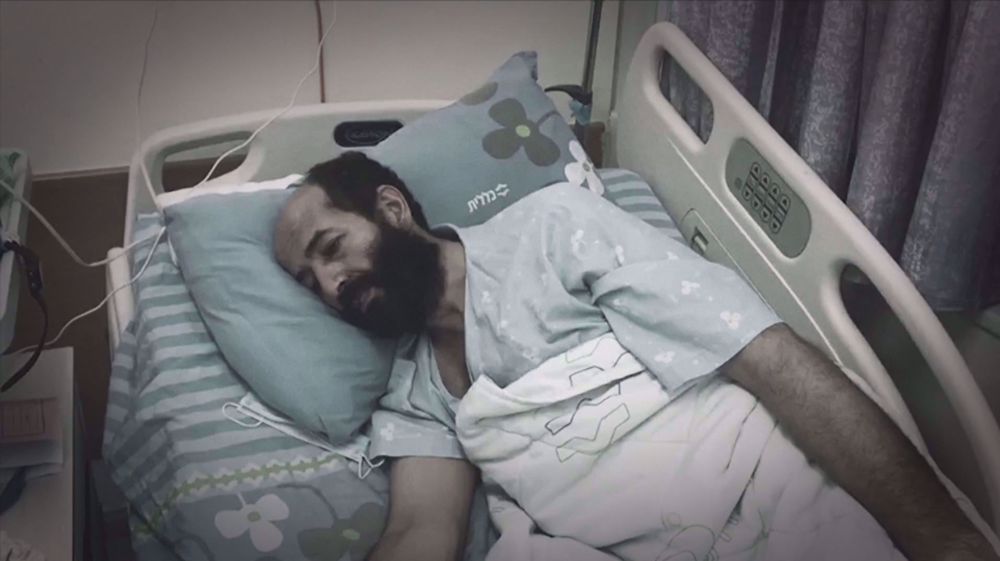

 This makes it easy to access the Press TV website
This makes it easy to access the Press TV website